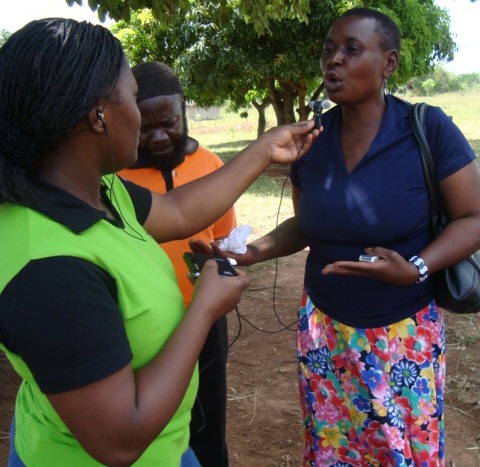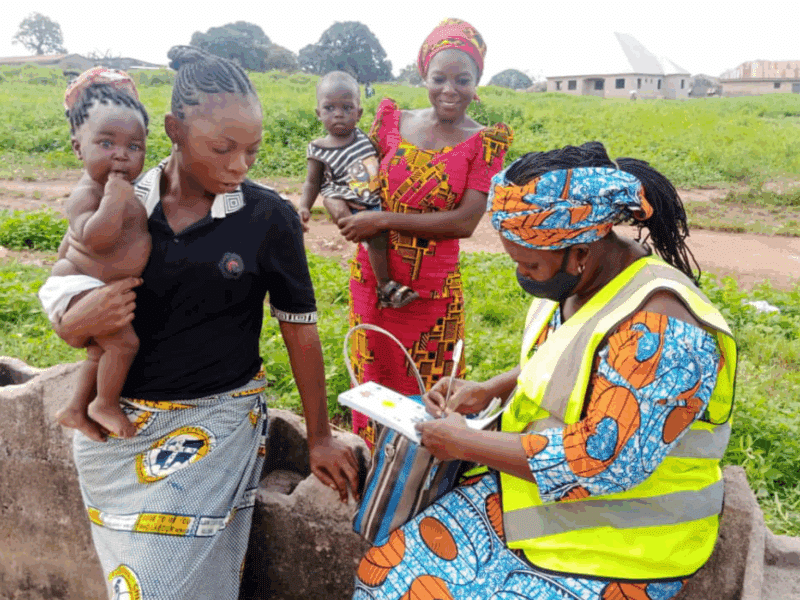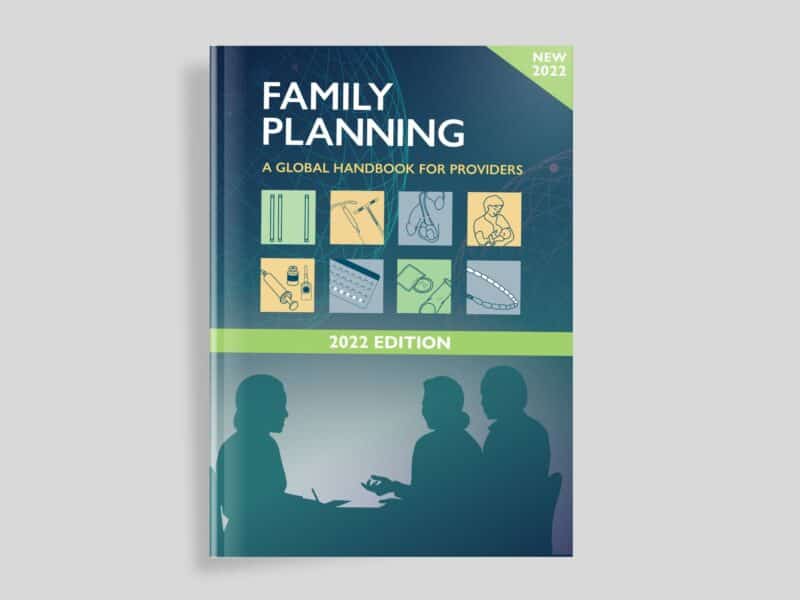Rael Odengo remembers those first radio broadcasts well. It was the mid-1990s, and she was a teenager living in a rural village on Lake Victoria in Kenya. There was no electricity and no running water. But there was her family’s small radio.
And on Saturday mornings at 10 a.m., Odengo and her cousin would commandeer it, tuning in to the “Youth Variety Show,” a program designed to entertain and inform young Kenyans like her about reproductive health issues and allow them ask whatever questions they had.
For Odengo, the Youth Variety Show was the only sex ed she ever had. In her conservative country, such talk was considered taboo. No one told her about how her body would change, how she should talk to the boys who flirted with her, that she could say no to a sexual advance and that she didn’t have to be married or a mother before she left her teens like many of her classmates.
Until the Youth Variety Show, that is.
“It helped me get answers to questions that I couldn’t get anywhere else,” Odengo says. “The information I got from that show shaped my future. I am who I am because of the show. I decided I wanted to use my voice and knowledge to help other youth because we never had these kinds of discussions.”
The program, which was created by the Johns Hopkins Center for Communication Programs and others, inspired her to study radio in school, to create radio health programs of her own and, ultimately, led her to CCP, where she works on family planning programs in Nigeria. The show featured a well-known DJ and talented hosts who shared expert information, stories from young people throughout the country and answered questions from adolescents who called and wrote in.
Odengo tried to call in many times, she recalled, “but the phone lines were jammed.”
Discussions about sexual and reproductive health “are discussions you just didn’t have in Kenya,” she says. You might be able to whisper about things with your friends, but the adults in her life never shared any family planning information. Even less fraught conversations, such as what to do when a boy says he likes you, were impossible to come by.
“Every week I would look forward to the show,” she says. “It served as the best platform for me. Even though I couldn’t ask my questions, listening to the questions that others were asking gave me answers. We had nowhere else to go.”
The show was very popular. By mid-1996, roughly a year after the program began, 56 percent of Kenyan youth surveyed in a national sample reported listening to the show. More than three million people listened to it.
CCP has a long history of pairing entertainment and education around the world, intentionally weaving important health and social issues into powerful storytelling that can draw in listeners and viewers by the millions and help inspire people to adopt healthy behaviors.
At the time, Odengo had never heard of CCP, had no idea they were behind the Youth Variety Show. She had no idea she would one day do the same kind of work in her native Kenya as well as Nigeria.
When she graduated from the Kenya Institute for Mass Communication with a degree in radio, she got a job at KBC radio, the same channel that aired the Youth Variety Show. She learned from the hosts and producers about how to produce entertainment-education like the Youth Variety Show.
She later worked on similar shows in Kenya. She loved meeting people and helping them through the health concerns that were often too difficult to discuss. She recalled meeting a new mother while working on a program designed to encourage women to exclusively breastfeed their babies for six months. The woman didn’t even understand how breastfeeding was supposed to work and why her engorged breasts were so sore. After 30 minutes, the woman was capably breastfeeding her newborn daughter.
Her thanks? The woman named the little girl Rael.
Since 2015, Odengo has lived in Baltimore with her husband and three daughters. She knows that such conversations about reproductive health and family planning are not taboo in the United States and that there will even be sex ed in her daughters’ school.
Yet in Kenya, where the Youth Variety Show no longer airs, there is still much work to be done, she says.





